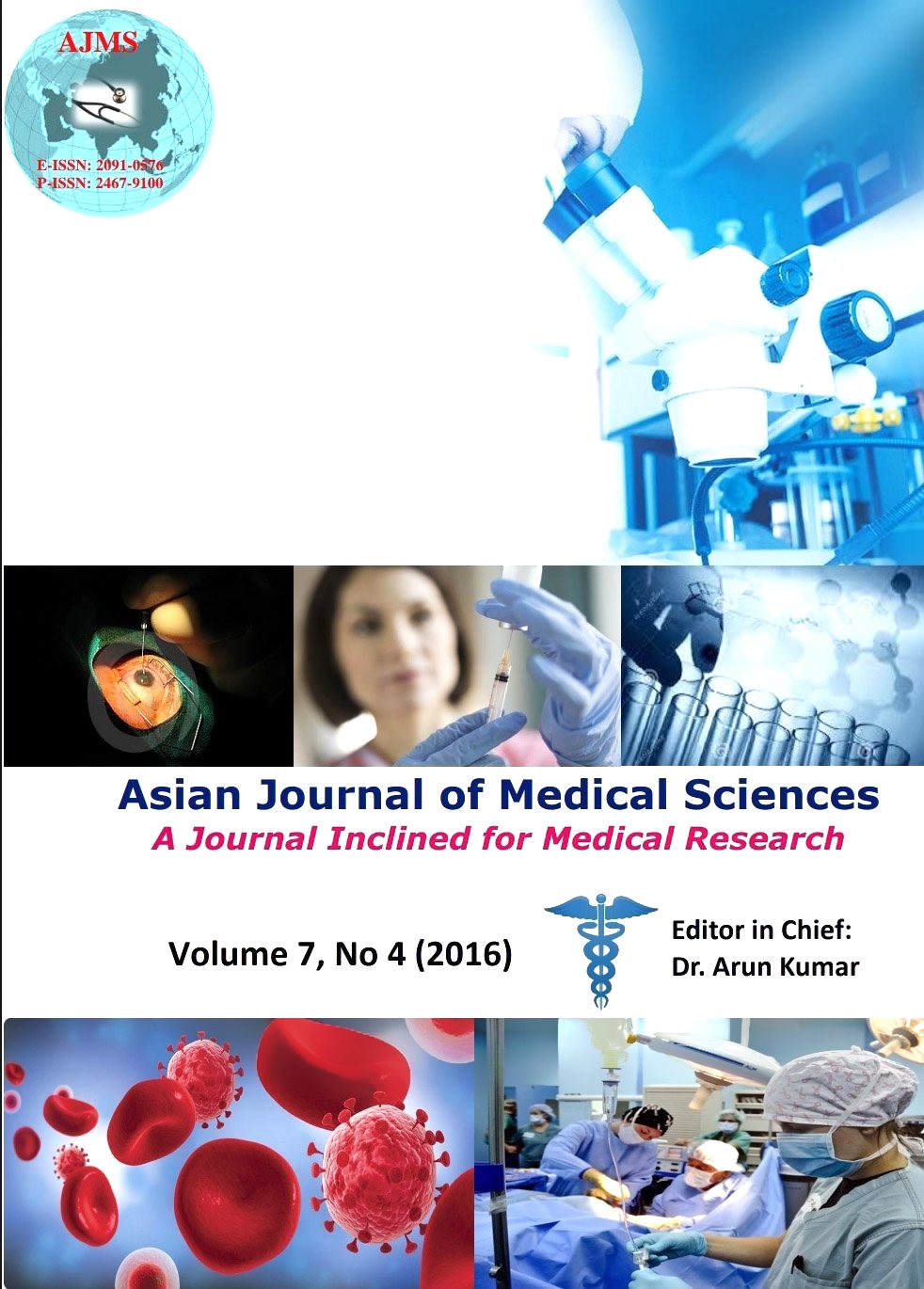A quick analysis in relation to the electronic commerce of performance- and image-enhancing drugs based on the infrastructure of the world wide web
Keywords:
PIEDs, illegitimate, search engines, e-commerce, social mediaAbstract
Aims and Objectives: Performance- and Image-Enhancing Drugs (PIEDs) refer to all known forms of substances, that can enhance either the morphology or the physiological performance or both simultaneously. The exponential rise of electronic commerce (e-commerce) for PIEDs is a major public issue, for which control protocols are to be deployed.
Materials and Methods: It would be a waste of time and resources to track and/or shut down all PIED-promoting websites one by one. Cyberspace is vast; the PIED “product managers” will always adapt to surveillance-control policies over their illegitimate online businesses. A more rational approach would be to track, challenge, and tackle the same resources upon which PIED electronic commerce is based: the infrastructure of the World Wide Web (the Internet).
Results: Concerning PIED e-commerce, the main resources are Google and AOL (search engines); YouTube, Wikipedia, and Facebook (social media sites); and Alibaba, Amazon, and eBay (major e-commerce websites).
Conclusion: Illegal PIED e-commerce became a major public problem. The major drivers are the Internet search engines, social media sites, and major e-commerce websites. Effective protocols toward these resources would hinder any future progress of this illegitimate worldwide phenomenon.
Asian Journal of Medical Sciences Vol.7(4) 2016 88-93
Downloads
Downloads
Additional Files
Published
How to Cite
Issue
Section
License
Authors who publish with this journal agree to the following terms:
- The journal holds copyright and publishes the work under a Creative Commons CC-BY-NC license that permits use, distribution and reprduction in any medium, provided the original work is properly cited and is not used for commercial purposes. The journal should be recognised as the original publisher of this work.
- Authors are able to enter into separate, additional contractual arrangements for the non-exclusive distribution of the journal's published version of the work (e.g., post it to an institutional repository or publish it in a book), with an acknowledgement of its initial publication in this journal.
- Authors are permitted and encouraged to post their work online (e.g., in institutional repositories or on their website) prior to and during the submission process, as it can lead to productive exchanges, as well as earlier and greater citation of published work (See The Effect of Open Access).




